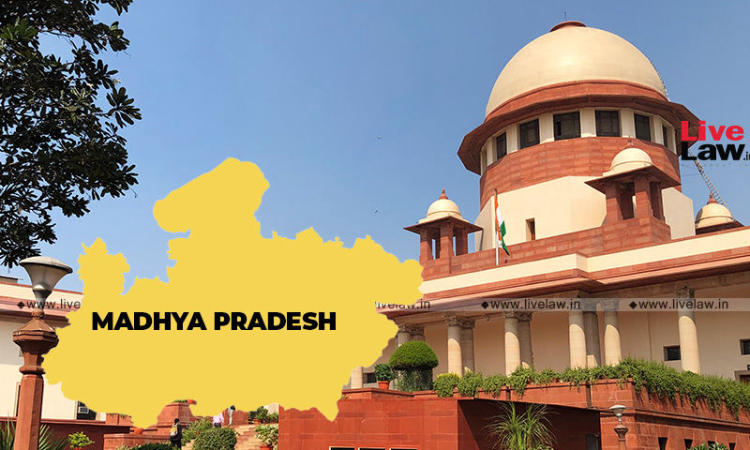Noting that "the reality in the state of Madhya Pradesh as of now, is that, more than 23, 263 local bodies are functioning without the elected representatives for last over two years and more", the Supreme Court on Tuesday observed, "This is bordering on break down of rule of law and more so, palpable infraction of the constitutional mandate qua the existence and functioning of such...

